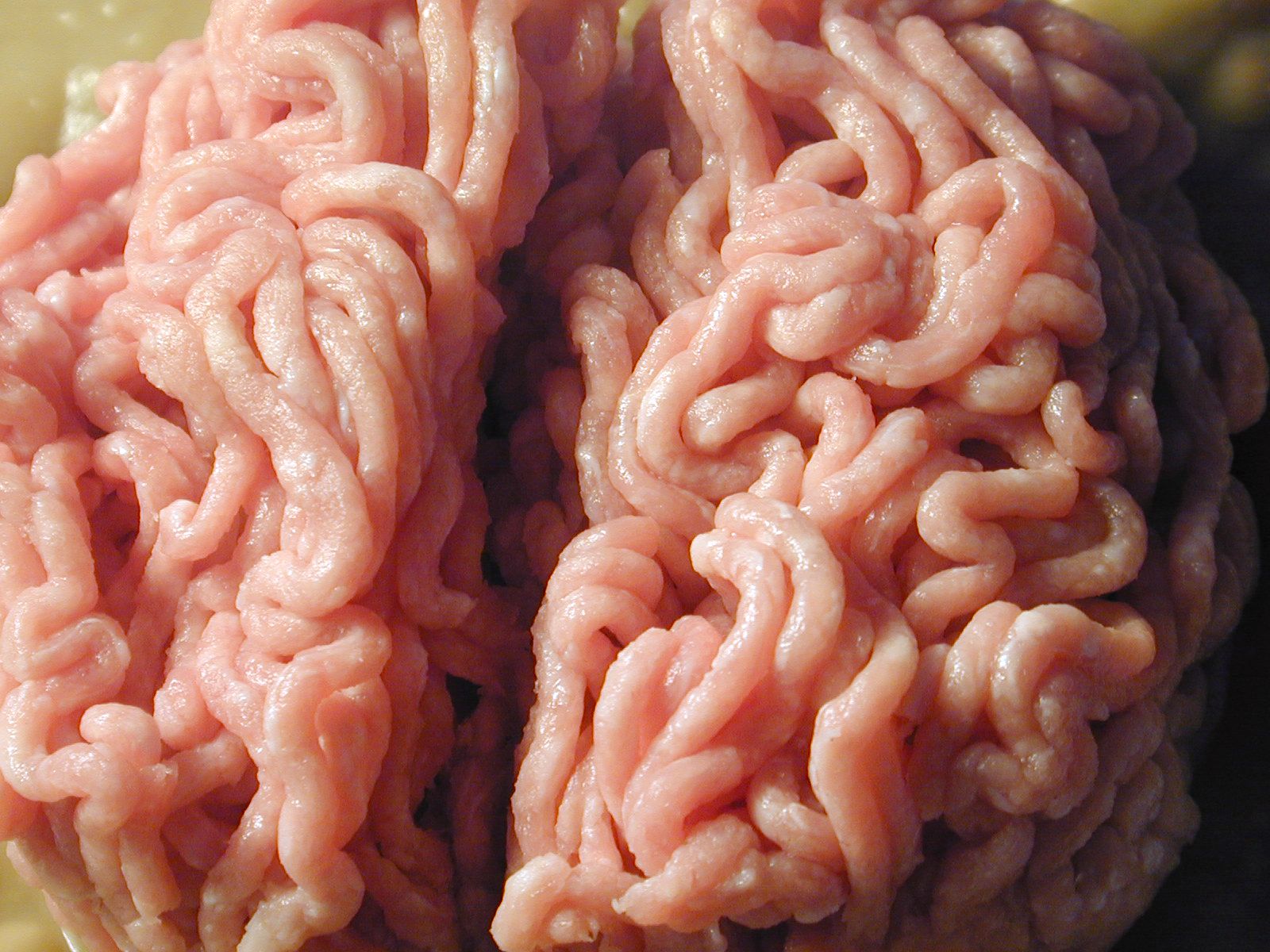Are Pork Ribs Healthy? Nutritional Facts And Myths
Nutritional Value
Calories
Nutritional Value of Pork Ribs

Calories: 232 calories per 3 ounces (cooked)
Fat: 15 grams per 3 ounces (cooked)
Saturated fat: 6 grams per three ounces (cooked)
Cholesterol: 85 milligrams per 3 ounces (cooked)
Sodium: 65 milligrams per 3 ounces (cooked)
Potassium: 240 milligrams per three ounces (cooked)
Protein: 26 grams per 3 ounces (cooked)
Iron: 2.5 milligrams per 3 ounces (cooked)
Fat
Nutritional Value of Pork Ribs
Pork ribs are a good source of a number of nutrients, including:
- Protein
- B vitamins
- Iron
- Zinc
- Selenium
Fat in Pork Ribs
Pork ribs are additionally a good source of fats. About half of the fats in pork ribs is saturated fat. Saturated fat is a kind of fats that can elevate cholesterol levels within the blood. However, the other half of the fat in pork ribs is unsaturated fat. Unsaturated fat is a type of fat that may assist to lower levels of cholesterol in the blood.
Overall, pork ribs are a nutrient-rich food that could be enjoyed as a half of a healthy diet.
Carbs
Nutritional Value of Pork Ribs
- Pork ribs are a great source of protein, offering around 26 grams per 100-gram serving.
- They are also an excellent source of vitamins and minerals, together with vitamin B12, selenium, and zinc.
- Pork ribs are high in fats, with about 30 grams of fats per 100-gram serving.
- However, most of this fats is unsaturated fats, which is considered to be healthier than saturated fat.
Carbs in Pork Ribs
- Pork ribs are very low in carbohydrates, with solely about 1 gram of carbohydrates per 100-gram serving.
- This makes them a good possibility for people who are following a low-carb diet.
Protein
Pork ribs are a preferred dish that can be enjoyed in many different methods. However, there’s some debate about whether or not or not pork ribs are wholesome. This article will take a more in-depth have a glance at the nutritional worth of pork ribs and focus on a few of the myths that encompass this meals.
Pork ribs are a good source of protein, offering about 26 grams per 3-ounce serving. Protein is an essential macronutrient that is wanted for quite so much of bodily functions, including constructing and repairing tissues, producing enzymes and hormones, and transporting vitamins throughout the physique.
Pork ribs are also a good supply of several nutritional vitamins and minerals, including vitamin B12, niacin, zinc, and iron. Vitamin B12 is important for the production of red blood cells, and niacin is important for the health of the pores and skin, nerves, and digestive system. Zinc is concerned in a quantity of bodily features, together with immune perform and wound therapeutic, and iron is essential for the manufacturing of hemoglobin, which carries oxygen throughout the physique.
Sodium
Nutritional Value
- Pork ribs are a good supply of protein, offering about 30 grams per 4-ounce serving.
- They are additionally a good supply of essential nutritional vitamins and minerals, including vitamin B12, iron, and zinc.
- Ribs are a high-fat food, so they should be eaten sparsely.
Sodium
- Pork ribs are a high-sodium meals, offering about 800 milligrams per 4-ounce serving.
- This is about 35% of the really helpful every day intake of sodium for adults.
- Consuming an excessive amount of sodium can contribute to hypertension, coronary heart disease, and stroke.
- If you’re involved about your sodium intake, you can cut back it by removing the skin from the ribs earlier than cooking, and by not including salt to the ribs.
Potassium
Potassium is a mineral that is essential for so much of bodily functions, such as maintaining fluid balance and regulating blood stress.

Pork ribs are an excellent supply of potassium, with a 3-ounce serving providing about 10% of the recommended daily intake.
Potassium is also necessary for muscle perform and nerve transmission.
People with kidney disease or who’re taking certain medications might must limit their potassium intake.
However, for most people, eating pork ribs carefully as a part of a nutritious diet is an effective approach to get the potassium they need.
Myths About Pork Ribs
False: Pork Ribs Are Too Fatty
Myth: Pork Ribs Are Too Fatty
Pork ribs have a higher fats content than another cuts of meat, but they are not as fatty as many individuals suppose. In fact, a 3-ounce serving of pork ribs has only 15 grams of fat, which is less than a 3-ounce serving of ground beef. Additionally, the fat in pork ribs is generally monounsaturated and polyunsaturated fats, that are thought of wholesome fat.
False: Pork Ribs Are High in Cholesterol
Pork ribs usually are not excessive in ldl cholesterol. In fact, they’re a great source of lean protein and contain much less saturated fat than many different types of meat, such as beef or lamb.
The false impression that pork ribs are excessive in ldl cholesterol probably stems from the truth that they are usually cooked with fatty sauces or marinades. However, the cholesterol content material of the ribs themselves is relatively low.
A 3-ounce serving of cooked pork ribs contains about 70 milligrams of cholesterol. This is lower than the quantity of cholesterol found in a single egg.
So, if you’re looking for a lean and flavorful protein supply, pork ribs are an excellent option. Just make certain to cook them with out adding an excessive quantity of fats.
False: Pork Ribs Are Unhealthy for People With Heart Disease
Myth: Pork Ribs Are Unhealthy for People With Heart Disease
False
Facts:
- Pork ribs are a great supply of protein, which is important for coronary heart well being.
- Pork ribs are also a good source of several nutritional vitamins and minerals, including iron, zinc, and vitamin B12.
- While pork ribs do include some saturated fats, they also contain monounsaturated and polyunsaturated fat, that are helpful for heart health.
- In truth, research have proven that consuming pork ribs sparsely can really assist to lower levels of cholesterol and scale back the risk of heart illness.
